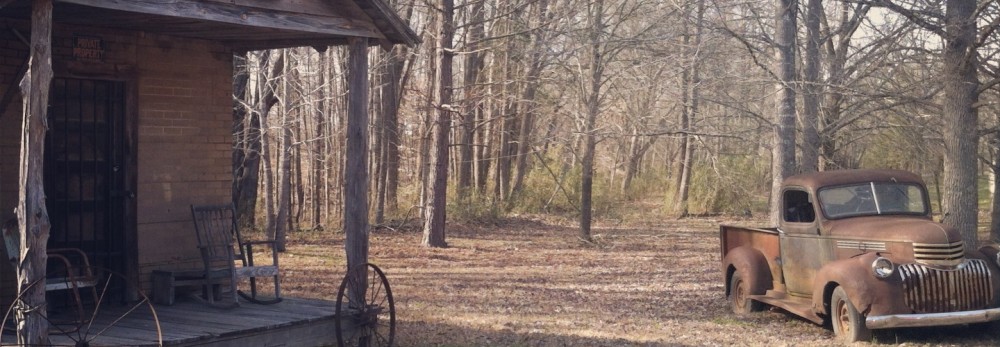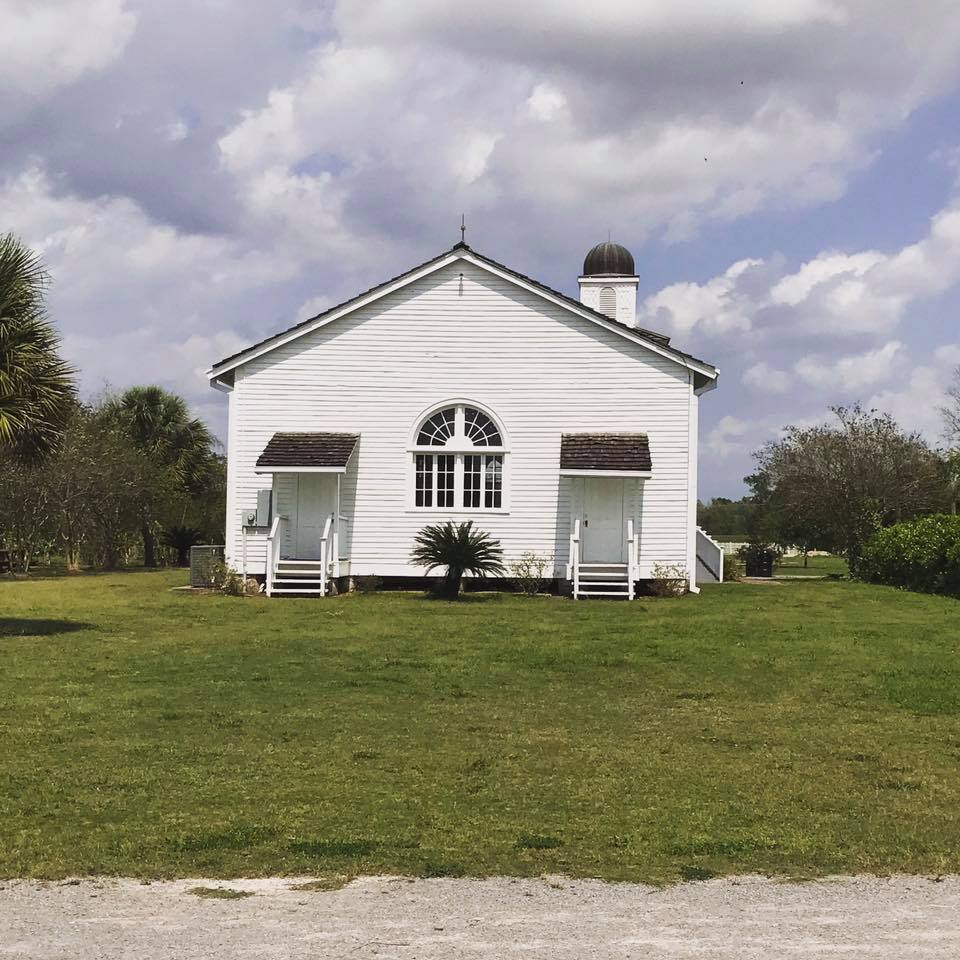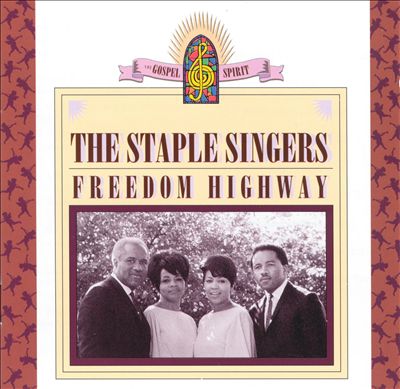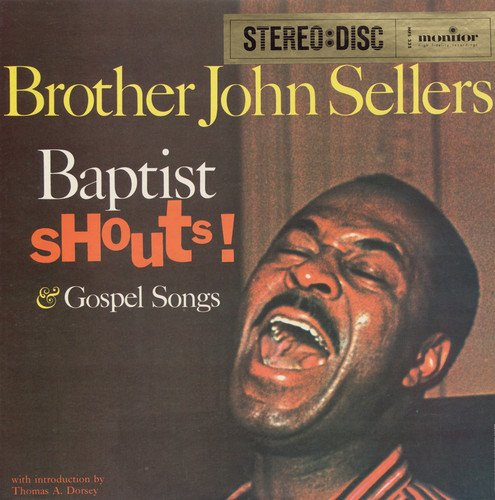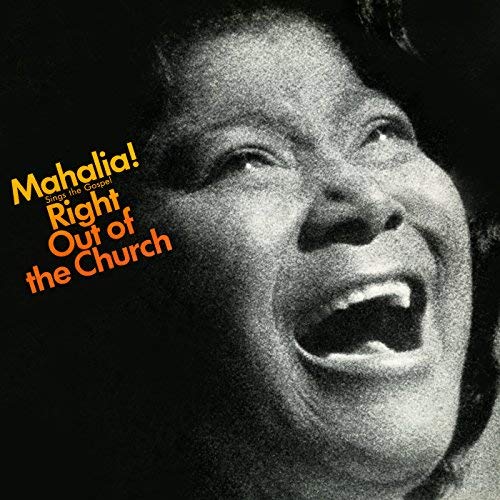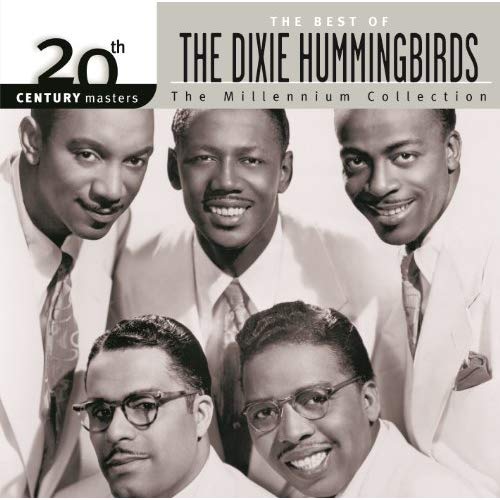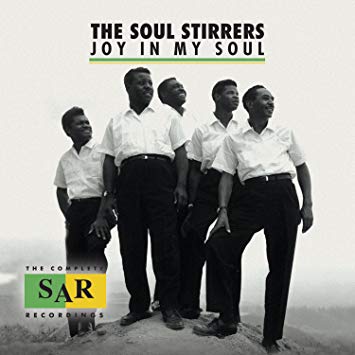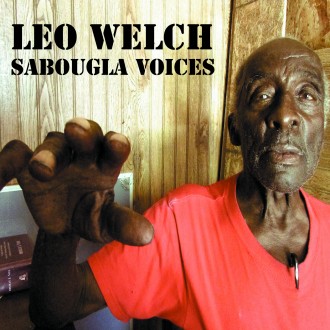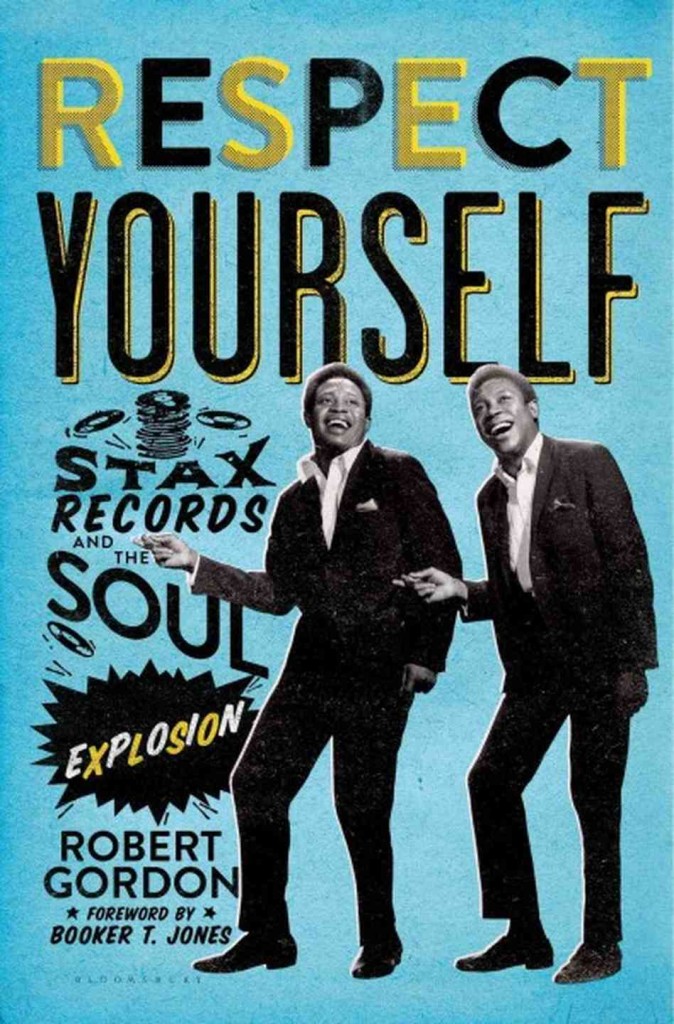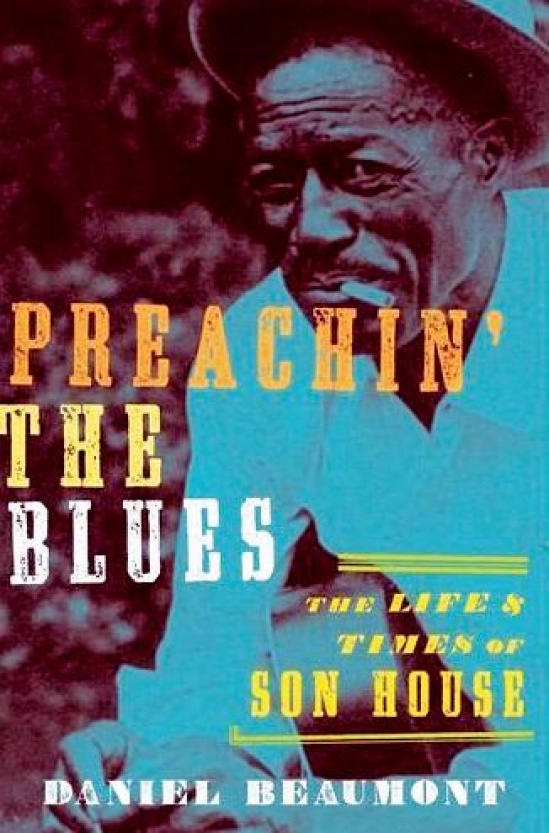Born in Arkansas in 1915 Sister Rosetta Tharpe influenced Rock and Popular music more then most people know. A young Little Richard got his start by opening for her before anybody knew who he was. Elvis, Johnny Cash, and Bob Dylan all cite Sister Rosetta as a major influence, and during her heyday she performed for stadium sized crowds all over the world. In short, Sister Rosetta was a rockstar before Rock n’ Roll even existed.
Tag Archives: preachin the blues
LEO “BUD” WELCH: Sabougla Voices
Leo “Bud” Welch: SABOUGLA VOICE Big Legal Mess/Fat Possum
For Fans of: Junior Kimbrough, R.L. Burnside, The White Stripes, Rev Louis Overstreet
Guitarist Leo “Bud” Welch was born in Sabougla, Mississippi in 1932. A natural musician, Leo taught himself to play the guitar by learning songs off the radio. As soon as he built up a small repertoire he began performing at parties and local juke-joints. Unfortunately work as a musician was inconsistent and even though he was incredibility talented he was unable to make a living playing music. In order to make ends-meet Leo ended up taking a job as a logger and had to resort to playing music only when he had free time. Then in 1975 Leo switched from playing Blues to playing Gospel. He started performing in churches all over Mississippi and even began hosting a local Gospel Television show. Even though he now considered himself a Gospel musician he still kept in touch with the local Blues scene. As time went on he heard that Blues musicians like Junior Kimbrough were having late-in-life success working with Fat Possum Records. Inspired by this he called up the label and requested an audition. Label owner Bruce Watson agreed to hear Leo play and ended up signing him on the spot. Now thanks to the good people at Fat Possum and Big Legal Mess Records the world finally gets to hear one of the treasures of Mississippi, guitarist Leo Welch.
The album is called Sabougla Voices and the music on it is honest no-frills Mississippi Gospel. Throughout the albums ten tracks Leo’s plays the guitar with the energy of someone half his age. Songs like “Praise His Name” and “You Can’t Hurry God” are upbeat and show us the lines between Blues and Gospel are blurry at best. In fact, if you were to change a few lyrics, these songs could easily be for Saturday night instead of Sunday morning. Another standout track on the record is the acoustic “Me and My Lord”. Sounding a little like Pops Staples, Leo does call and response with his backup singers while playing acoustic guitar. This song is given an extra push by Leo’s backing band which shows it’s professionalism by settling into a nice groove and not over playing.
Even though all of the music on Sabougla Voices is solid, the album’s strongest track is easily the slow and eerie blues tune “A Long Journey”. Beautifully recorded, this song is about accepting the fact that death is part of life. That being said, hopefully Leo will be still be around for a long time as he deserves to enjoy every minute of his new found success! He’s got gigs booked across the U.S. this summer and is even scheduled to perform in Europe! Not bad for someone that at one point had to turn down an audition with B.B. King because he couldn’t afford to travel to Memphis. This album is excellent and belongs in your collection.
RESPECT YOURSELF: The Story of STAX Records
RESPECT YOURSELF: THE STORY OF STAX RECORDS Bloomsbury USA
Author Robert Gordon has been writing about the music of Memphis for almost 30 years. In Respect Yourself: The Story of STAX Records Mr. Gordon not only tells the story of STAX but also the story of the Civil Rights movement in Memphis.  Passionately written and meticulously researched this book takes you from the label’s meager beginnings in a garage outside Memphis to it’s bankruptcy in 1975.  Along with Mr. Gordon’s narration you hear from the people that made STAX happen, making this book one of a kind.
A LITTLE STAX HISTORY…
Started by Jim Stewart and his sister Estelle Axton in 1957, STAX Records was more then just a record label. It was a voice in the community. The label’s open door policy made it possible for anyone to come in off the street and set up an audition. It didn’t matter where you were from or what the color of your skin was, you were welcomed at STAX as long as you had a passion for music.
Right from the beginning STAX did things it’s own way. Segregation may have been alive and well in Memphis during the 1960’s, but that didn’t stop STAX founder Jim Stewart from hiring an African American DJ named Al Bell to be his lead promotions man. Â Working together side by side Jim, Estelle, and Al turned STAX records from a little indie label into a household name! Â STAX artists like Otis Redding, Booker T. & The MG’s, Carla Thomas, and William Bell put the label on the map with singles that started appearing on the R&B and Pop charts. Â Money was coming in and things were really rolling, until one very dark December day in 1967…
Today many people can remember exactly where they were when they learned that the plane carrying Otis Redding and The Bar-Keys went down. Otis was the soul of STAX and the voice of soul music. Â A few months later while the people of STAX were still grieving over the loss of Otis and the Bar Keys their world was rocked again. Â On the evening of April 4, 1968 Â Dr. Martin Luther King was assassinated at the Lorraine Motel in Memphis. Â Needless to say, after the assassination of Dr. King everything was different, especially in Memphis. Â If all this wasn’t enough, Â the label’s distributor Atlantic Records ended it’s relationship with STAX. Â With it’s biggest star gone and no way to get music to the stores most label’s would have called it a day, but most labels didn’t have Al Bell. Â It was then that Al and the folks at STAX hunkered down and staged one of the biggest comebacks in music history.
The early 70’s found STAX again at the top of the Soul music world. This time around STAX would reach heights that were even greater then it did in the 1960’s. Al Bell gained full control of the label and STAX rode the success of artists like Isaac Hayes, The Emotions, Johnnie Taylor, and The Staple Singers all the way to the top of the charts. Sadly this rebirth would be short lived as some questionable business decisions and over expatiation lead to STAX eventually having to declaring bankruptcy in 1975.
All that said, STAX has lived on in many different ways. Many of their artists are still celebrated today and have found new audiences. Artists such as William Bell, Mavis Staples, and Eddie Floyd still perform and continue to release new music while others like Sam Moore are mostly retired but still appear at the occasional music festival. The studio was rebuilt and is now a museum (possibly the best museum in Memphis not named The National Civil Rights museum). There is also the Stax Music Academy, a music school that is focused on providing music education to local youth. So while the days of Otis roaming the halls and Al Bell running the office might be gone all is not lost. The future of Stax is very bright.
Preachin’ The Blues: The Life and Times of Son House
Preachin’ The Blues: The Life and Times of Son House
Written by historian Daniel Beaumont, Preachin’ The Blues: The Life and Times of Son House provides a well researched, in-depth look at the life of one of the most important figures in Blues history – Eddie “Son” House. Born in 1902 in Lyon, Mississippi, Son House grew up very involved in the church and didn’t embrace the Blues until 1927 when he heard a guitar player at a house party. Moved by the sound this guitar player was getting out of his instrument with the use of a bottleneck slide, House decided to pick up the guitar and start playing the Blues. A dynamic performer, Son House grabbed the attention of those in attendance with his larger-than-life voice and commanding guitar strumming style.  His playing inspired and help shape the playing style of both Robert Johnson and Muddy Waters in the 1930’s. Son was many things in his life – a preacher, a farmer, a husband, even a murderer. Needless to say, his complex life gave him much subject matter to sing about.
While many books on the History of the Delta Blues include information on Son House, there really hasn’t been a book that dives this deep into his individual story. One of the main reasons for this is probably because large sections of House’s life are a complete mystery. Only one copy of the first recordings Son House made for the Paramount Record label in 1930 has ever been found. Even interviews that House himself gave after being rediscovered by three college-age blues fans in the early 60’s were sometimes hard to decipher. During these interviews House would occasionally mix up dates and times from his own life. Taking all of these factors into account, it isn’t a surprise that the name Son House isn’t really know beyond serious music fans. Hopefully, this book will change that.
